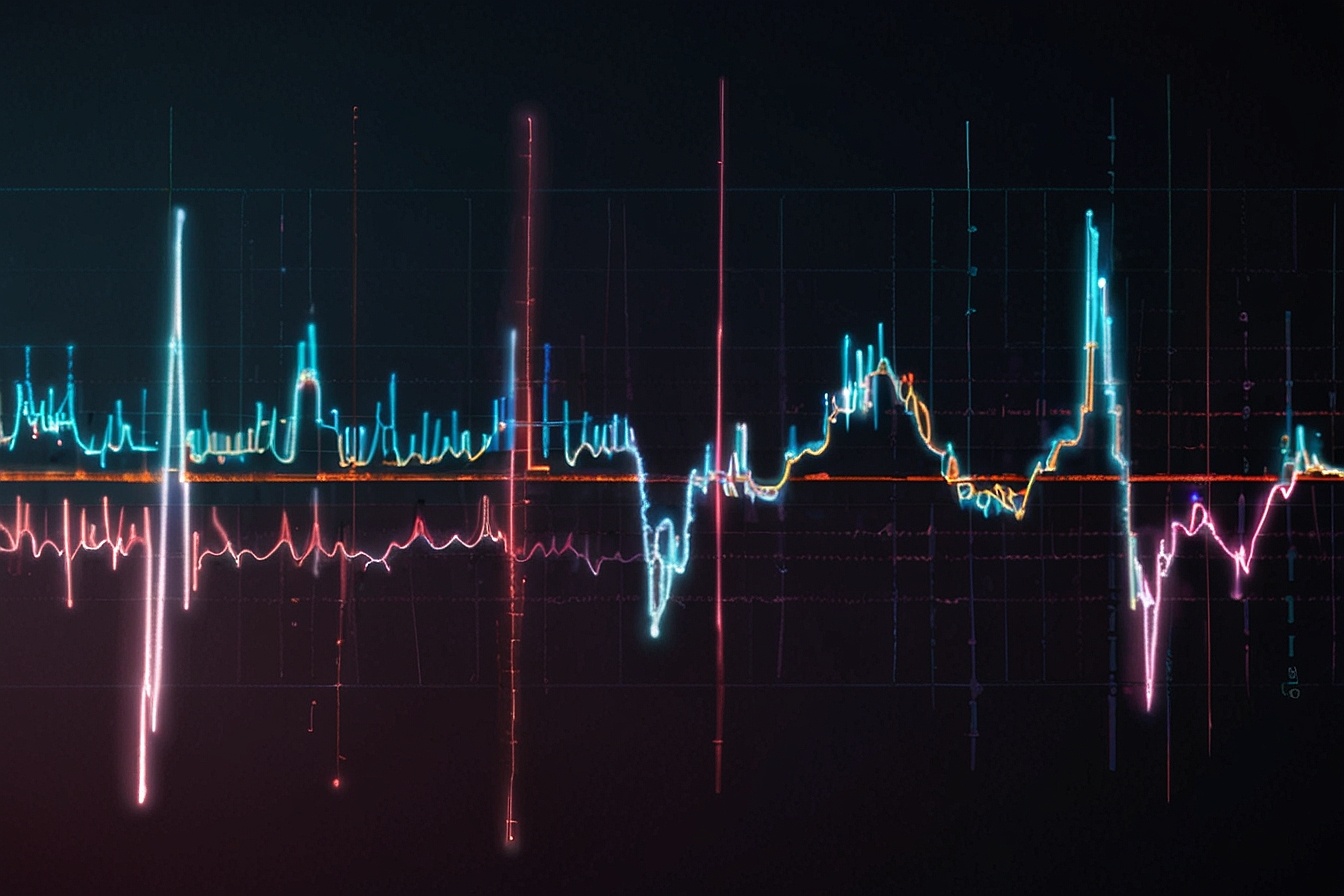Hello community,
Welcome back to our blog. Today, we are taking a deep dive into a critical diagnostic tool that helps us understand our heart better - the EKG.
What is an EKG?
EKG, or electrocardiogram, is a crucial test in cardiology. It allows us to monitor the electrical activity of the heart and uncover issues that might be lurking under the surface.
How is an EKG Performed?
Performing an EKG is straightforward. Electrodes are attached to the arms, legs, and across the chest to monitor the heart's electrical patterns. This painless and non-invasive procedure can provide crucial information about your heart's health.
What Can An EKG Tell You About Your Heart?
The heart's electrical signals tell a story about its health and functionality. Any disruption in these electrical patterns could indicate a problem.
• Heart Attack: After a heart attack, the heart develops scar tissues, which cause a shift in the heart's electrical activity, thus evident in the EKG reading.
• Bundle Branch Block: Abnormal EKG shows a unique electrical pattern that differs significantly from a standard EKG.
• Electrolyte Abnormalities: Disturbances in the body's electrolyte balance can also affect the heart's electrical activity, visible on an EKG.
• Hereditary Abnormalities: Certain inherited conditions like Brugada Syndrome or Long QT Syndrome can be predicted with an EKG.
Bear in mind, interpreting an EKG requires expert knowledge. While computer readings might flag an anomaly, it doesn't always signal a problem with your heart. These systems are designed to be highly sensitive to prevent any miss, but they can also trigger undue anxiety.
Continuing in our quest to make cardiology simple and understandable for everyone, we'll continue to explore topics that help you make informed decisions about your heart health.
Stay tuned for more!



